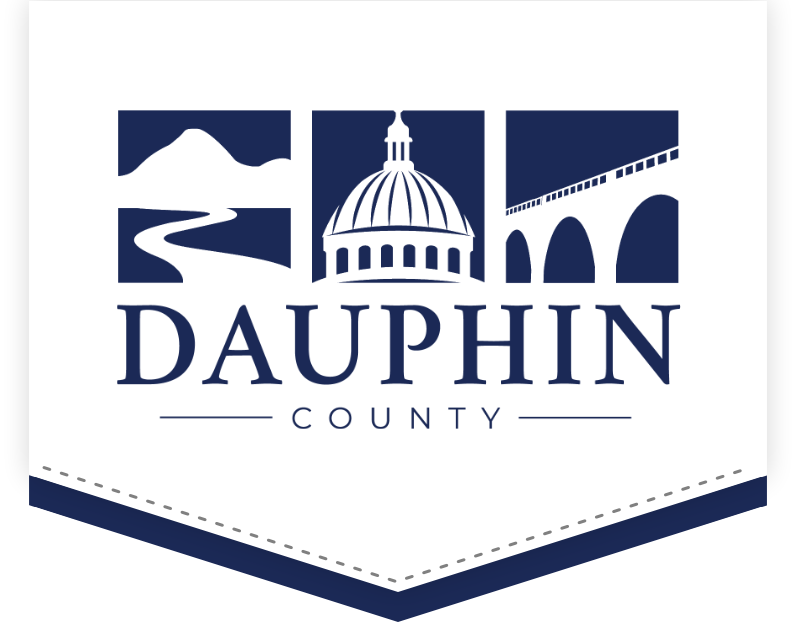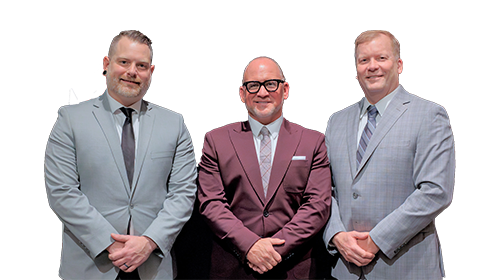Evidence-Based Programs
Evidence-Based Programs
*Programs that have been rigorously tested in controlled settings, proven effective, and translated into practical models that are widely available to community-based organizations
Botvin Life Skills (Elementary, Middle and High School Students)
This reputable program is designed to provide elementary students, middle school/junior high students, and high school students with the necessary skills to resist social pressure to smoke, drink, and use drugs; helps them develop greater self-esteem, self-mastery, and self-confidence; enables children to effectively cope with social anxiety; increases their knowledge of the immediate consequences of substance abuse; and enhances cognitive and behavioral competency to reduce and prevent a variety of health risk behaviors.
Students receive 8 to 16 sessions, sessions are approximately 45 minutes long
Positive Action (6th – 8th grade students)
Positive Action is based on the intuitive philosophy that we feel good about ourselves when we do positive actions. Our thoughts lead to actions and those actions lead to feelings about ourselves which in turn lead to more thoughts. When this cycle is negative, students do not want to learn. When this cycle is positive, students want to learn. The essence of the program is to emphasize those actions that promote a healthy and positive cycle. The Positive Action program works through these concepts in a systematic way.
6th grade students receive 48 lessons, 7-8th grade students receive 31 lessons, sessions are approximately 20 minutes long
Project Towards No Drug Abuse (High School Students)
This program is designed to help students develop self-control and communication skills, acquire resources that help them resist drug use, improve decision making strategies, and develop the motivation to not use drugs. It is packaged in 12 40-minute interactive sessions to be taught by teachers or health educators. The TND curriculum was developed for high-risk students in continuation or alternative high schools. It has also been tested among traditional high school students.
Students receive 12 sessions, sessions are approximately 45 minutes long
Strengthening Families Program (Parents & Families)
This program is designed to increase resilience and reduce risk factors for behavioral, emotional, academic, and social problems in children 3-16 years old. The Parenting Skills sessions are designed to help parents learn to increase desired behaviors in children by using attention and rewards, clear communication, effective discipline, substance use education, problem solving, and limit setting.
The Children's Life Skills sessions are designed to help children learn effective communication, understand their feelings, improve social and problem-solving skills, resist peer pressure, understand the consequences of substance use, and comply with parental rules.
In the Family Life Skills sessions, families engage in structured family activities, practice therapeutic child play, conduct family meetings, learn communication skills, practice effective discipline, reinforce positive behaviors in each other, and plan family activities together.
Families receive 14 sessions, sessions are approximately 2 hours long
Strengthening Families Program 10-14 (Parents of youth 10-14 years old & Families)
This program is designed to enhance family protective and resiliency processes and reduce family risk related to adolescent substance abuse and other problem behaviors. The weekly, two-hour sessions include separate parent and child skills-building followed by a family session where parents and children practice the skills they have learned independently, work on conflict resolution and communication, and engage in activities to increase family cohesiveness and positive involvement of the child in the family. Parents are taught how to clarify expectations based on child development norms of adolescent substance use, using appropriate disciplinary practices, managing strong emotions regarding their children, and using effective communication. Children are taught refusal skills for dealing with peer pressure and other personal and social interactional skills.
Families receive 7 sessions, session are approximately 2 hours long
Strong African American Programs (Parents and Families)
The goal of SAAF is to prevent substance use and behavior problems among youth by strengthening positive family interactions, preparing youths for their teen years, and enhancing primary caregivers' efforts to help youths reach positive goals. During the first hour of each session, youths and primary caregivers meet separately with facilitators. Topics addressed in the youth sessions include the importance of following house rules; adaptive ways of responding to racism; the formation of goals for the future and plans to attain them; and skills for resisting early sexual involvement, substance use, and other risk behaviors.
The primary caregiver sessions address ways in which the caregivers can monitor their children's behavior; encourage adaptive strategies for their children to respond to racism; and develop adaptive communication skills for discussing sex, substance use, and other risk behaviors. During the second hour of each session, youths and primary caregivers meet as a family with the facilitator and build on what was learned in the separate sessions. In the family sessions, facilitators work with families to build family-based strengths for supporting the youth's goals, enhancing racial pride, and improving communication and support.
Families receive 7 sessions, session are approximately 2 hours long
Too Good for Drugs (Elementary, Middle, and High School Students)
Too Good for Drugs (TGFD) is a school-based prevention program for kindergarten through 12th grade that builds on students' resiliency by teaching them how to be socially competent and autonomous problem solvers. The program introduces and develops social and emotional skills for making healthy choices, building positive friendships, communicating effectively, and resisting peer pressure. TGFD teaches five essential social and emotional learning skills:
• Goal Setting
• Decision Making
• Bonding with pro-social others
• Identifying and managing emotions
• Communicating effectively
Too Good for Violence (Elementary, Middle, and High School Students)
Too Good for Violence (TGFV) is a school- and community-based prevention program for kindergarten through 12th grade. The program provides students with the skills, knowledge, and attitudes they need for positive social development and supportive relationships. Concepts addressed vary by grade level but include topics such as developing and applying social and emotional learning skills for conflict resolution, bullying prevention, anger management, and respect for self and others.
Students receive 10 sessions, sessions are approximately 45 minutes long

